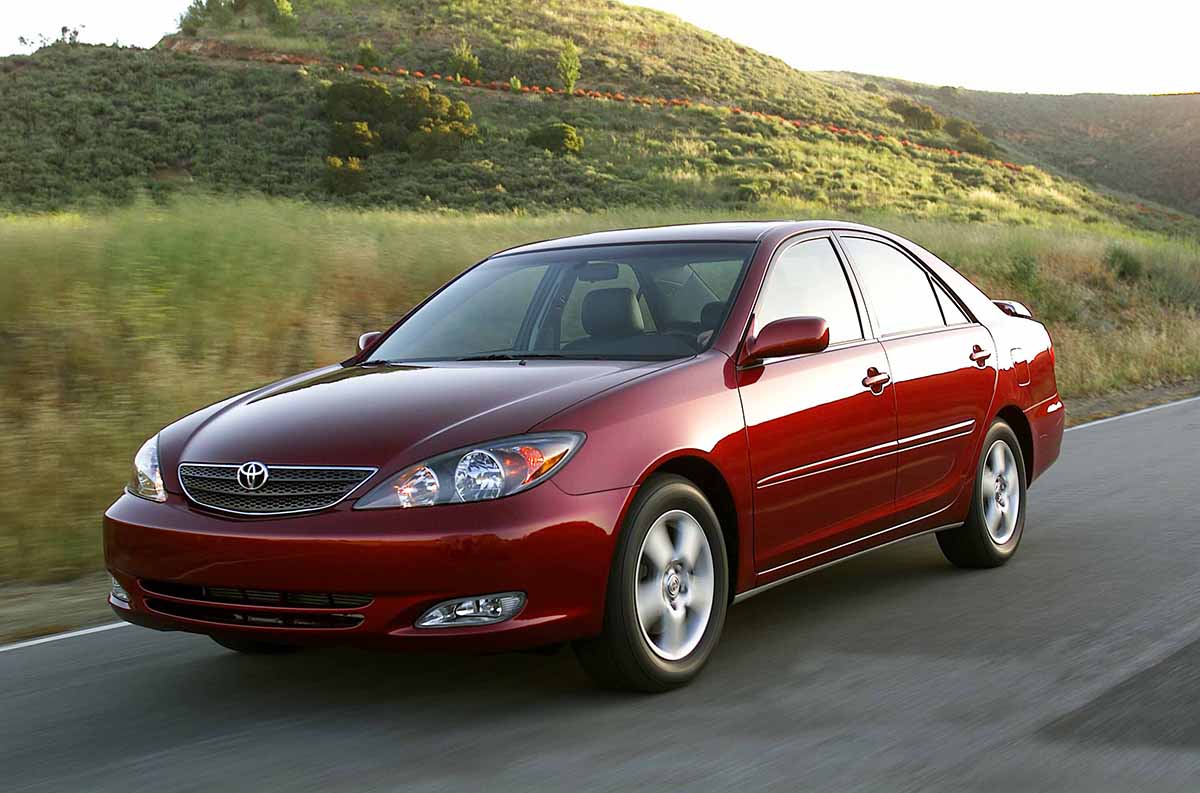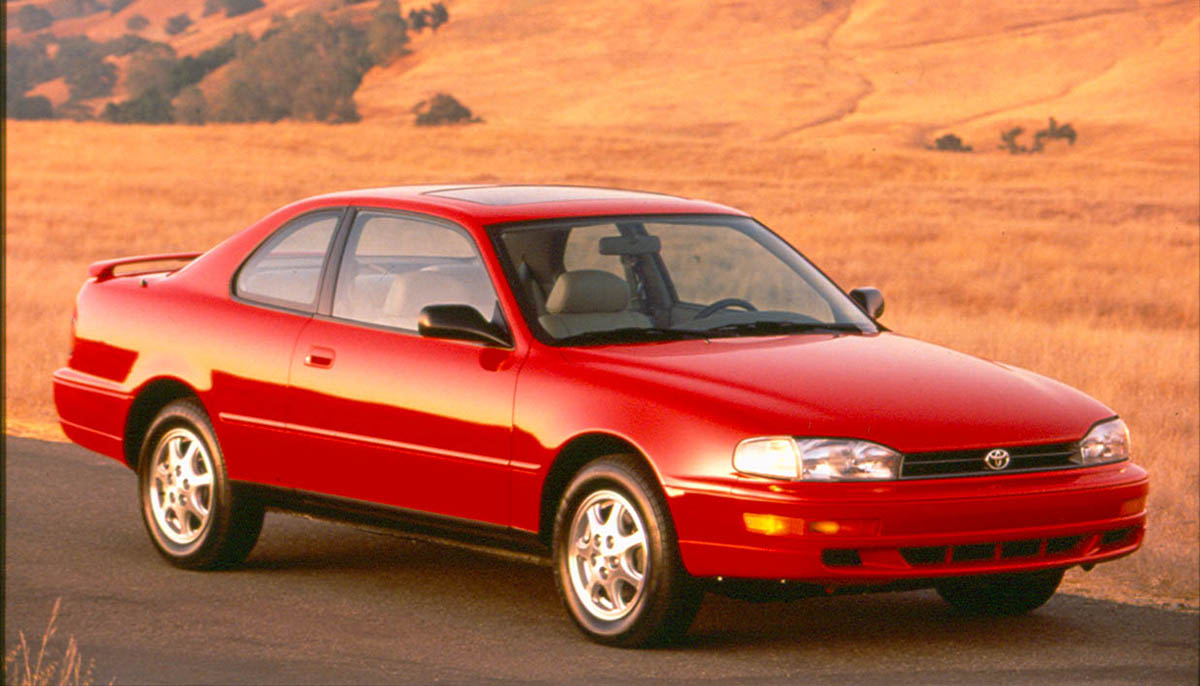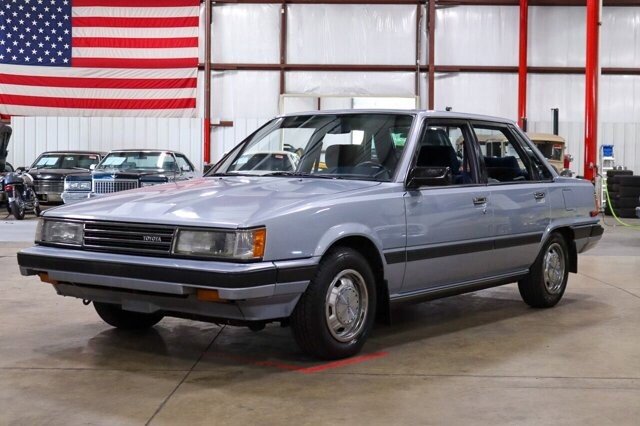The Toyota Camry: A Reliable Classic, But Which Years To Steer Clear Of?
By admin / June 27, 2024 / No Comments / 2025
The Toyota Camry: A Reliable Classic, But Which Years to Steer Clear Of?
The Toyota Camry has long been a staple of the American automotive landscape, renowned for its reliability, practicality, and comfortable ride. However, even with its reputation for longevity, there are certain model years that have earned a reputation for their share of issues. This article will delve into the specific years of the Toyota Camry that have been flagged by owners and mechanics alike, providing you with the information you need to make an informed decision when choosing a used Camry.
Understanding the Camry’s Evolution
Before diving into the specific years to avoid, it’s important to understand the Camry’s evolution over time. The Camry, first introduced in 1982, has undergone numerous transformations throughout its lifespan, each generation bringing its own set of strengths and weaknesses.
- First Generation (1982-1986): These early Camrys were known for their fuel efficiency and compact size. While reliable overall, they might lack some of the modern features and safety standards found in later generations.
- Second Generation (1987-1991): This generation saw a significant increase in size and power, making the Camry a more appealing option for families. Reliability remained a strong point, but some early examples may exhibit signs of aging.
- Third Generation (1992-1996): This generation brought a more refined design and a focus on safety. Known for its durability, this generation is often considered a reliable choice, although some models might experience electrical issues.
- Fourth Generation (1997-2001): This generation marked a significant leap forward in terms of interior comfort, technology, and safety features. However, some early models might experience problems with the transmission and engine.
- Fifth Generation (2002-2006): This generation introduced a new platform and a more modern design. While generally reliable, some owners have reported issues with the engine and suspension.
- Sixth Generation (2007-2011): This generation brought further refinements to the Camry’s design and features. While considered reliable overall, some models might experience problems with the transmission and fuel pump.
- Seventh Generation (2012-2017): This generation introduced a new, more aggressive design language and a focus on fuel efficiency. While generally reliable, some owners have reported issues with the engine and transmission.
- Eighth Generation (2018-Present): This generation features a more modern design, improved technology, and a focus on safety. While still relatively new, some early models have reported minor issues with the infotainment system.
The Years to Avoid (And Why)
While the Camry is generally considered a reliable vehicle, certain years have been flagged by owners and mechanics for their share of problems. Here’s a breakdown of the years to avoid, along with the common issues associated with them:
1. 1997-2001 (Fourth Generation):
- Transmission Issues: The 4-speed automatic transmission used in this generation was prone to premature failure, particularly in models with higher mileage. Symptoms include slipping, rough shifting, and transmission fluid leaks.
- Engine Problems: Some early models experienced issues with the engine, including misfires, stalling, and excessive oil consumption. This was often attributed to a faulty engine control module or a clogged catalytic converter.
- Suspension Issues: The suspension system in this generation was known to wear out prematurely, leading to excessive noise and a rough ride.
2. 2002-2006 (Fifth Generation):
- Engine Problems: While the engine was generally reliable, some owners reported issues with the timing chain, which could lead to engine damage if not addressed promptly.
- Suspension Issues: The suspension system in this generation was also known to wear out prematurely, leading to excessive noise and a rough ride.
- Electrical Issues: Some models experienced electrical problems, including issues with the headlights, power windows, and radio.
3. 2007-2011 (Sixth Generation):
- Transmission Issues: The 6-speed automatic transmission used in this generation was prone to premature failure, particularly in models with higher mileage. Symptoms include slipping, rough shifting, and transmission fluid leaks.
- Fuel Pump Issues: Some models experienced problems with the fuel pump, which could lead to engine stalling or difficulty starting. This was often attributed to a faulty fuel pump or a clogged fuel filter.
- Suspension Issues: The suspension system in this generation was known to wear out prematurely, leading to excessive noise and a rough ride.
4. 2012-2017 (Seventh Generation):
- Engine Issues: Some models experienced issues with the engine, including misfires, stalling, and excessive oil consumption. This was often attributed to a faulty engine control module or a clogged catalytic converter.
- Transmission Issues: The 6-speed automatic transmission used in this generation was prone to premature failure, particularly in models with higher mileage. Symptoms include slipping, rough shifting, and transmission fluid leaks.
- Electrical Issues: Some models experienced electrical problems, including issues with the headlights, power windows, and radio.
5. 2018-Present (Eighth Generation):
- Infotainment System Issues: Some early models have reported minor issues with the infotainment system, including glitches, slow performance, and connectivity problems.
- Suspension Issues: While the suspension system is generally considered reliable, some owners have reported premature wear and tear, leading to excessive noise and a rough ride.
Tips for Avoiding Trouble
While these specific years are known for their share of problems, there are steps you can take to minimize your risk when buying a used Camry:
- Thorough Inspection: Have a trusted mechanic inspect the car before purchasing. Pay close attention to the transmission, engine, suspension, and electrical systems.
- Service History: Request the vehicle’s service history to ensure that regular maintenance has been performed. This will give you an idea of the car’s overall condition and any potential issues that have been addressed.
- Test Drive: Take the car for a comprehensive test drive to assess its performance and identify any potential problems. Pay attention to the engine, transmission, steering, brakes, and suspension.
- Check for Recalls: Use the National Highway Traffic Safety Administration (NHTSA) website to check for any outstanding recalls on the vehicle.
- Research the Specific Year: Read reviews and forums online to get a better understanding of the common problems associated with the specific year you are considering.
Conclusion
The Toyota Camry is a reliable and practical vehicle, but even the best cars can have their share of issues. By being aware of the specific years to avoid and taking the necessary precautions, you can increase your chances of finding a used Camry that will provide you with years of reliable service. Remember, a thorough inspection, a detailed service history, and a comprehensive test drive are essential steps in the process of buying a used car, regardless of the make or model. With careful research and a little diligence, you can find a used Camry that fits your needs and budget without encountering major problems down the line.


.jpg)




